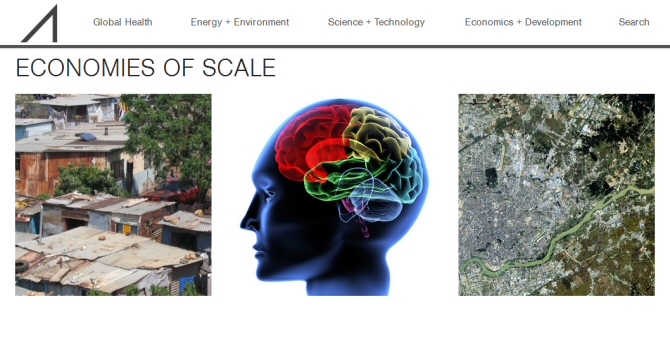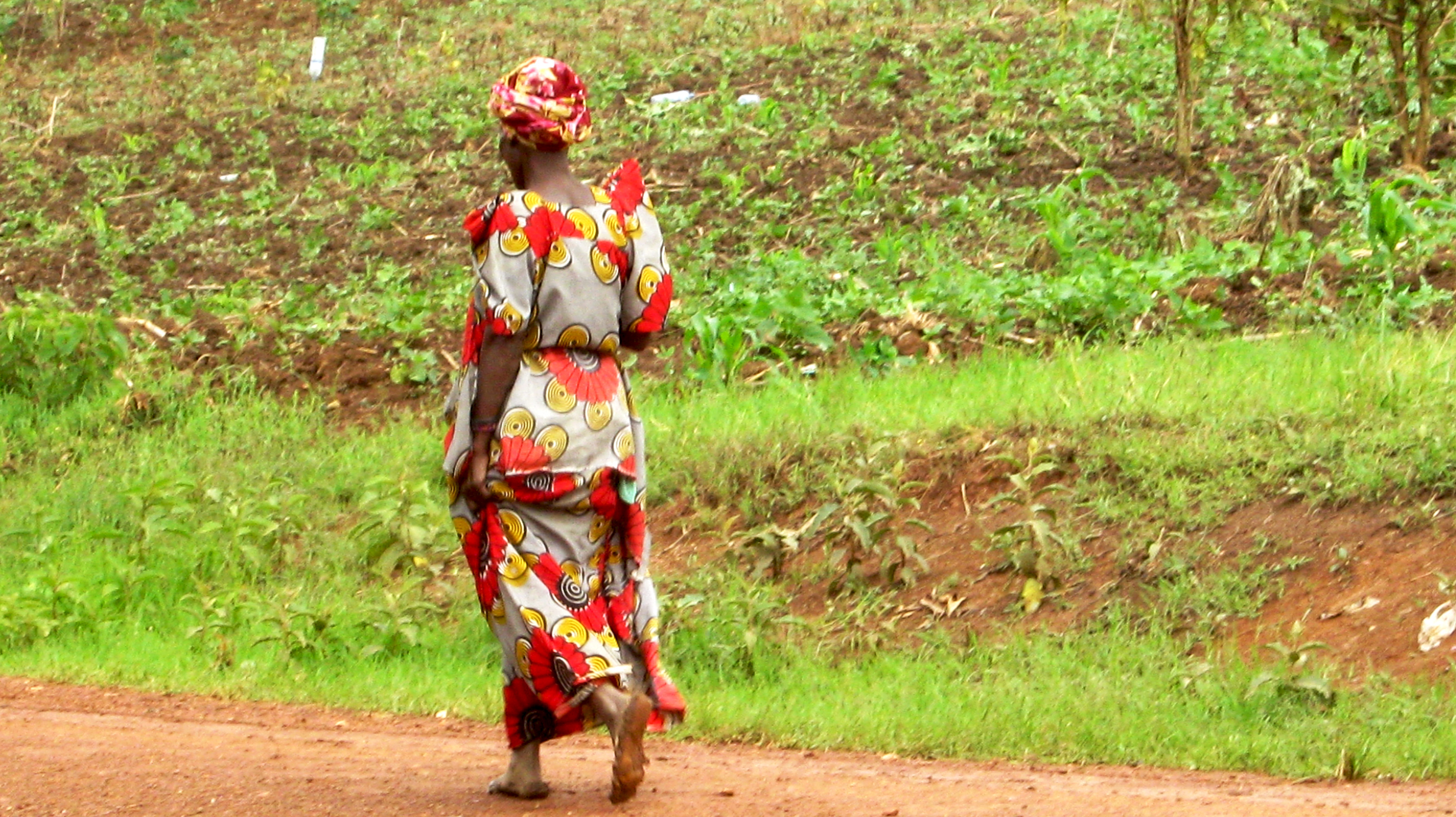
Professor Robert Wade letter to Guardian, which published edited version of last paragraph, 7 Apr 2014.
You suggest that economists’ propensity to treat the subject as a branch of applied mathematics limits its usefulness (“Economics: A discipline ripe for disruption”, 3 April). But mathematical formalism does not only limit its usefulness; it also smuggles in normative judgements under the guise of mathematics.
The discipline gives content to ideas like “society”, “individual”, “market”, and “government” from assumptions needed to make the maths work, as distinct from observation. The idea of rationality implies that if the individual prefers oranges to apples and apples to pears, then the individual must prefer oranges to pears – for otherwise the maths does not work. The idea of self-adjusting markets rests on the assumption that increasing returns to scale in production are not important, for otherwise equilibrium solutions are difficult to find.
Behind the shield of mathematical formalism the discipline has given remarkably little attention to its hidden moral assumptions. Only very recently has the American Economics Association agreed to implement even a very modest ethical code for people submitting papers to its journals. Yet economists have more influence over people’s life chances than all other social scientists. Doctors and engineers have similar influence, and both professions devote attention to morals and ethics. Let us hope that the coming disruption you predict will lead economists to engage with the ethical duties appropriate for a discipline with high impact on the lives of others.





